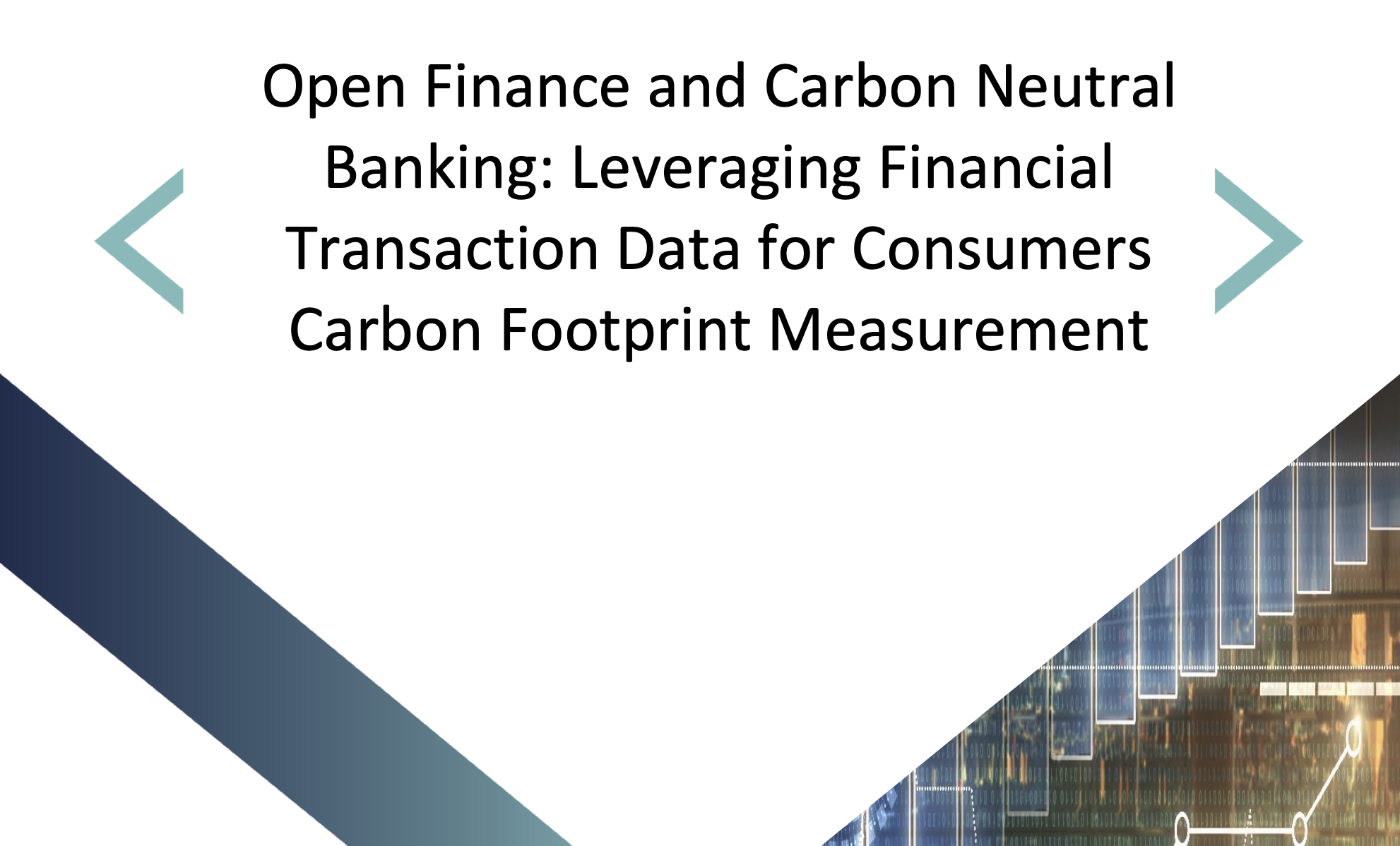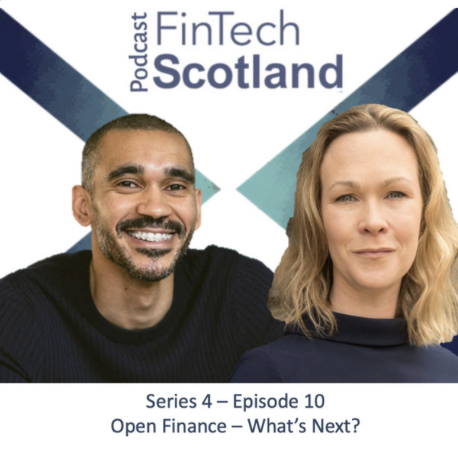Income Verification: The Next Stage in Open Banking

As I’ve iterated more times than I can remember over the last two years, the implementation of Open Banking has changed the face of finance for ever.
To my eye, most financial institutions have now reached base camp’ with Open Banking, that is to say, the development of account aggregation within mobile apps. This is nice, and I’m sure consumers are enjoying having access to all their accounts in one place.
The next stage will be for banks and financial institutions to begin deriving value from its use. Within the next year I fully expect to see new services being launched by banks and FinTech’s that will allow financial institutions as well as consumers to reap the rewards from Open Banking.
To that end, we here at The ID Co. have been working with banks and lenders over the last year to bring a new proposition to market.
The ID Co.’s Income Verification solution offers banks and lenders the opportunity to capitalise on the Open Banking opportunity.
We work with numerous banks and lenders. On top of that we’ve spoken to many more over the course of the last year, both in the UK and Europe, and across the globe.
As such, I have a fairly good idea in my head of some of the challenges that are witnessed in the banking sector. One of the biggest that we’ve witnessed is the need to cut operating costs in order to stay competitive.
It’s no secret that the sector is far more crowded than it was just 10 years ago. And some of the Challenger banks now boast healthy customer acquisition, impressive UX across their apps and the web, and innovative new services.
Banks and lenders therefore have the dual pressures of bringing to market new services that will make their core offerings stickier’, while also attempting to streamline back office solutions.
It’s for this reason that I’d suggest exploring an income verification solution.
Verifying income is vitally important for banks and lenders, ensuring they have an accurate view of applicant’s financial income prior to awarding credit in order to ensure they are lending responsibly and offsetting any future risk of bad debt.
Operational Costs
Having an applicant’s income calculated within seconds of them making an application for a loan or credit totally negates the need for paper-based bank statements. The savings in time and resource here are enormous. It could take a few weeks for an applicant to submit their bank statements. And in that time, there’s plenty of opportunity for them to decide not to proceed, or to find an alternative.
We’re sympathetic to the hurdles that banks and lenders need to jump through in order to grant a loan. As well as AML and KYC checks, there are new rules on affordability to consider. For these reasons and more, it is vital that a sound lending decision is made, and not only that, be able to demonstrate why it was a sound decision.
Income verification allows you to do just that. With a solution such as ours, banks and lenders can know an applicant’s income exactly and can then calculate their monthly disposable income accordingly.
Thin Credit Files
Many of us will have friends and colleagues who are not British by birth. It feels a long time since I made the long journey from Canada to Scotland, but it is one that I remember well.
With individuals moving homes and countries with such frequency why is it that when beginning life in a new country, you also start with a blank credit file? Those with a thin credit file, perhaps because they’ve just moved into the country, can now illustrate their earnings and therefore capacity for credit through income verification.
Credit Risk
It’s a difficult challenge because most people aren’t paid monthly, or consistently. With the gig economy, students, retired, and others, those that get paid monthly are in the minority. To make a decision around credit risk, Underwriters or others need some context on which to base a lending decision. We need to understand what kind of income applicant have ”“ frequency, recency and more are all critical factors.
And this works both ways. While those with thin credit files can demonstrate why they might be right for a loan, it also gives the creditor more protection as they can protect themselves from applicants unable to practically make repayments or those that pose a bad credit risk.
Fraudulent Applications
When we were conducting research into loan applications and how Open Banking could support banks and lenders, I was struck by the volume of fraudulent activity that financial institutions needed to filter out in order to service genuine applications. Open Banking removes any opportunity for fraud as through APIs, direct access is made with an applicant’s bank account. Our Income Verification solution then looks back over many months to calculate income, not just the last one or two.
Conclusion
Income verification is the first of the services that will allow banks and lenders to derive value from Open Banking. The savings in time, cost and resource through its use are enormous and as its such reception from those who have trialled it use has been universally positive.
Reducing fraud, servicing customers with a thin credit file, widening prospect pools of potential customers, and illustrating good governance are all vitally important to lenders in 2019. We think that the introduction of our Income Verification solution will give financial institutions the answers to these questions.



